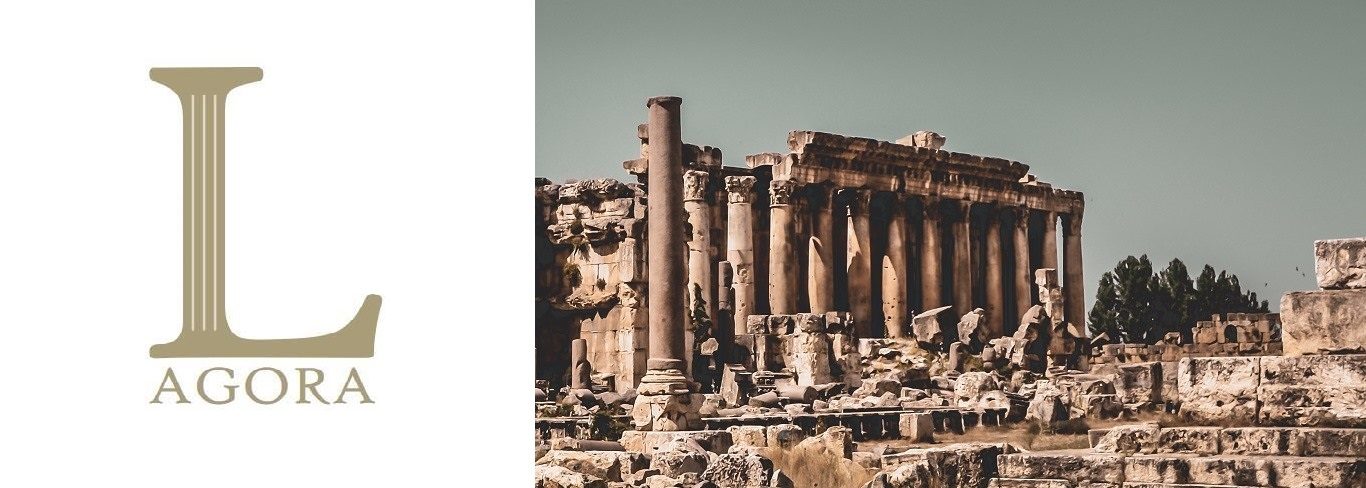By Hazim Saghie.
As it was gearing up for and then celebrating its anniversary, the State of Israel received blows that could provide new opportunities for the establishment of a Palestinian state. This comes at a time when the conviction that such a state is an indispensable requisite for regional stability is broadening. In addition to the Palestinians’ right to a state of their own, which is beyond dispute, and the moral imperative to ensure this eventuality, Israel seems more isolated than ever. Its image seems tainted in an increasing number of milieus. At the same time, its capacity for swiftly deciding wars has been hampered, and its economy is being battered and crippled. It seems as though making “Israel’s independence” legitimate hinges on ending the “Palestinian Nakba” and making it history.
It is true that many major obstacles impede the path to a Palestinian state, the most consequential being Jewish settlements and the weakness of the political and representative Palestinian tools that enjoy popular legitimacy and political and diplomatic recognition, both regionally and internationally. These obstacles could potentially continue to prevent the emergence of this long-promised state despite all the compelling theoretical and moral justifications for it, especially if Netanyahu and the obsessively religious fundamentalists remain in power. However, that would not only mean Israel’s independence remaining contested, but regional stability as well.
The truth- rarely mentioned in such a context, although our current reality emphatically affirms it- is that the emergence of such a state would be an endorsement of statehood and statism in the entirety of the Arab Levant, and possibly Arab countries that lay beyond it. While this factor cannot compensate for the absence of the many others that are necessary, the fact remains that the others will continue to be weak and lacking without it.
We could also add that the establishment of a Palestinian state would likely correct the historical error that led to the emergence and independence of Levantine countries during, between, or after the two world wars, as the prospects of a Palestinian polity faded and vanished.
This is said as the Levant undergoes one of the worst periods in its history that is marked by state retreat and the ascension of militias. Iraq, Syria, Lebanon, and Palestine all manifest this ongoing rot in their own way.
The lack of a Palestinian state renders the lives of these countries’ states short, anxious, and insecure. Indeed, the Palestine cause, along with the Iranian expansionism that has accompanied it since 1979, are the primary drivers of state fragmentation and militia entrenchment. We are well aware of how the state began disintegrating in Lebanon in 1975, and how Hezbollah draws its pretexts for maintaining an armed state that is stronger than the state.
We also know that Jordan faced a similar threat in 1970 and that its fate as a nation and a state still hinges on developments in the West Bank. The pretext of liberating Palestine has been integral to Baathist rule in Syria since 1963, and especially after 1970. This same pretext, albeit to a lesser extent, explained the policies of Baathist rule in Iraq until 2003. Since then, Iraq has been embroiled in resistance politics after being glued to Iran. Even in Yemen, a non-Levantine, criticism of the Houthi militia regime runs up against “resistance” that sanitizes the Houthi regime with its rhetorical aroma.
In other words, if it is true that the Palestinian cause is not the “central” cause of an Arab world composed of many different states that have varying circumstances, and at times contradictory considerations, it is also true that this cause continues to be a central means for preventing the establishment of states in the Arab world, especially in the Levant. This exploitation of the Palestinian cause, as experience has shown, begins as a war against the state and ultimately culminates as a war against society itself. That is because sects, ethnicities, and regions find, in this so-called climate of nationalism, a calling to consolidate their image as nations that are pitiful but confident and conceited.
What we can conclude from this is that the patriots of the Levant, who developed their patriotism within the context of a struggle with the exploitation of the Palestinian cause, could find themselves at a new crossroads: the establishment of a Palestinian state has become a requisite for their projects’ success and the establishment or restoration of their states. In this sense, it must be made a key item on their political agendas. Just like using the “liberation of Palestine” from without had been a threat to Levantine states and citizens’ identification with Levantine countries, turning our back to the effort to establish a Palestinian state today impedes the path of national identification and statehood in each of these countries.
Accordingly, the establishment of this state, as both an ethical and self-serving goal, raises a great new challenge, not only to the Palestinians but also to Levantines and many other Arabs. Going forward, it will become difficult, as well as irrational, for patriots in the Levant to choose isolationism or behave as though this matter is not of their concern, if not out of love for a state for the Palestinians or justice as such, then out of love for a state for themselves.
Hazim Saghie is a Lebanese writer and journalist. After working for al-Safir newspaper in Beirut in the 1970s and 1980s, he moved to London. He is now editor of the daily Afkar [Ideas] page for al-Hayat newspaper and the political weekly supplement Tayyarat [Currents]. He also co-edits Abwab [Doors], a cultural quarterly published in Arabic. Saghie has published several books in Arabic, including works on Umm Kulthum, Arabism, and the cultures of Khomeinism.
The statements, views and opinions expressed in this article are solely those of the author and do not necessarily represent those of Levant’s Agora.
Original source: https://english.aawsat.com/opinion/5022540-palestinian-state-challenge-levantine-nationhood

